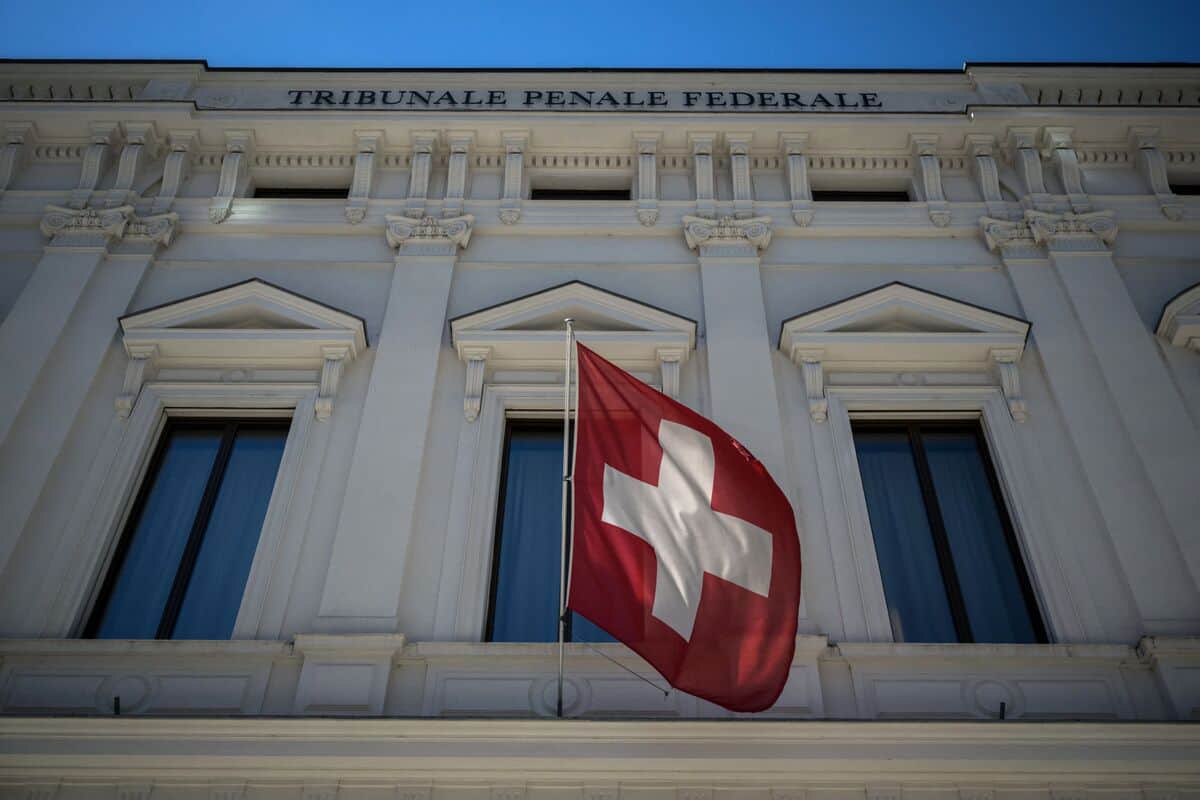Switzerland, known for its neutral policy, has decided to take an important step in combating extremism and antisemitism. The country’s government has announced plans to ban the use of Nazi symbolism in public places. This decision, as stated on the official website of the Swiss Federal Council, is a response to the increasing number of antisemitic incidents.
What does the new bill propose?
Recent surveys have revealed that one in four residents of Switzerland is antisemitic. This is an extremely high figure that may lead to irreversible processes in society, not only in society, but also in Swiss politics. That is why legislative work has begun on this issue.
The bill proposes to ban any use of symbols, gestures, or greetings related to Nazi ideology. Additionally, amendments to the Swiss Criminal Code are planned to include penalties for the dissemination of racist, extremist, or violent ideologies. The main provisions of the bill are:
- Prohibition of Nazi symbolism: This includes banning flags, emblems, and even gestures such as the Nazi salute.
- Fines for violations: A fine of around 200 Swiss francs will be imposed on those who violate the ban.
- Amendments to the Criminal Code: Using symbols for propaganda purposes will be severely punished.
Reasons for strengthening legislation
In recent years, a dangerous trend has been observed in Europe, including Switzerland, of increasing anti-Semitic sentiments. According to the data from the Anti-Semitism Research Foundation, in many European countries, the number of hate crimes against the Jewish community has risen by 20% in just the past year. Despite its reputation for tolerance and peace, Switzerland has not been an exception.
The society and government of the country realize that such displays pose a danger to social harmony and stability. The ban on Nazi symbolism aims to:
- Protect the rights and dignity of representatives of all nationalities and religions.
- Counteract the resurgence of extremist ideologies.
- Promote tolerance in society.
International Context
Switzerland joins the ranks of other European countries that have already implemented similar bans. For example:
- Germany: The law strictly prohibits the use of any symbols associated with Nazism. Violations are punishable with hefty fines and even imprisonment.
- Austria: In addition to the ban on symbols, legislation penalizes Holocaust denial.
- France: Propagating racism or anti-Semitism is a criminal offense.
Switzerland’s decision underscores European solidarity in the fight against hatred and discrimination.
Expert and Public Opinions
Experts positively assess the innovations, noting that such steps are necessary to protect democratic values. However, there is also criticism. Some politicians and activists believe that combating symbols is only a partial solution that does not address the root of the problem, such as education and social policy.
The public generally supports the initiative. According to recent polls, over 70% of Swiss people agree with the need for a ban, seeing it as an important step towards peace and harmony.
Conclusion
Switzerland demonstrates a serious approach to combating extremism by proposing clear legislative restrictions. The ban on Nazi symbolism is not only a sign of respect for the victims of Nazism, but also a signal to modern society about the intolerance of spreading hatred. This decision could serve as an example for other countries seeking to preserve peace and tolerance in their societies.


